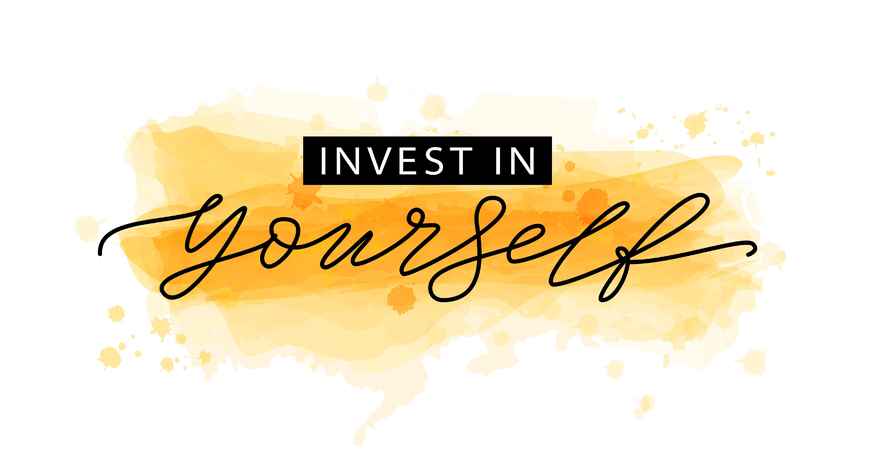Comparing Paths to Recognition and Excellence: Certification vs. Accreditation

Individuals and organisations frequently consider certification and accreditation when looking for professional recognition. Individual expertise is the main emphasis of certification, which attests to competence in a particular sector. While ensuring that quality standards and established benchmarks are met, accreditation assesses organisations or programs.
Accreditation is the better option, even though certification offers job benefits and personal recognition. IGH3P delivers rigorous assessment, uniform standards, and a dedication to ongoing improvement. Individuals and organisations can access professional possibilities and gain respect by earning IGH3P accreditation. It is the key to achieving success and distinction in your chosen industry.
Let's Explore the Benefits of Certification and Accreditation
|
|
Certification |
Accreditation |
|
Validation of Quality Standards |
|
|
| Recognition and Credibility |
|
|
| Marketability and Opportunities |
|
|
| Professional Development and Improvement |
|
|
Conclusion
Certification and accreditation play pivotal roles in coaching and mentoring in enhancing professional stature and organisational quality. Understanding the distinctions and benefits of each is crucial for individuals and organisations seeking to advance in these fields. While certification is critical for validating specific skills and improving market presence, accreditation by IGH3P stands as a testament to overarching excellence and a commitment to the highest standards in coaching and mentoring. Both pathways offer significant benefits, and the choice between them depends on the individual or organisational goals in the coaching and mentoring industry.
AT IGH3P, we accredit:
- Mentors
- Coaches
- Courses
- Organisations
Click here to read more about the benefits and process of certification and accreditation.
Get in touch NOW to start your certification or accreditation journey!
This article was featured in the USA Business Radio.

0 comments
Leave a comment
Please log in or register to post a comment